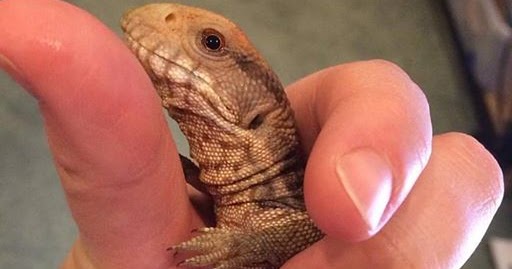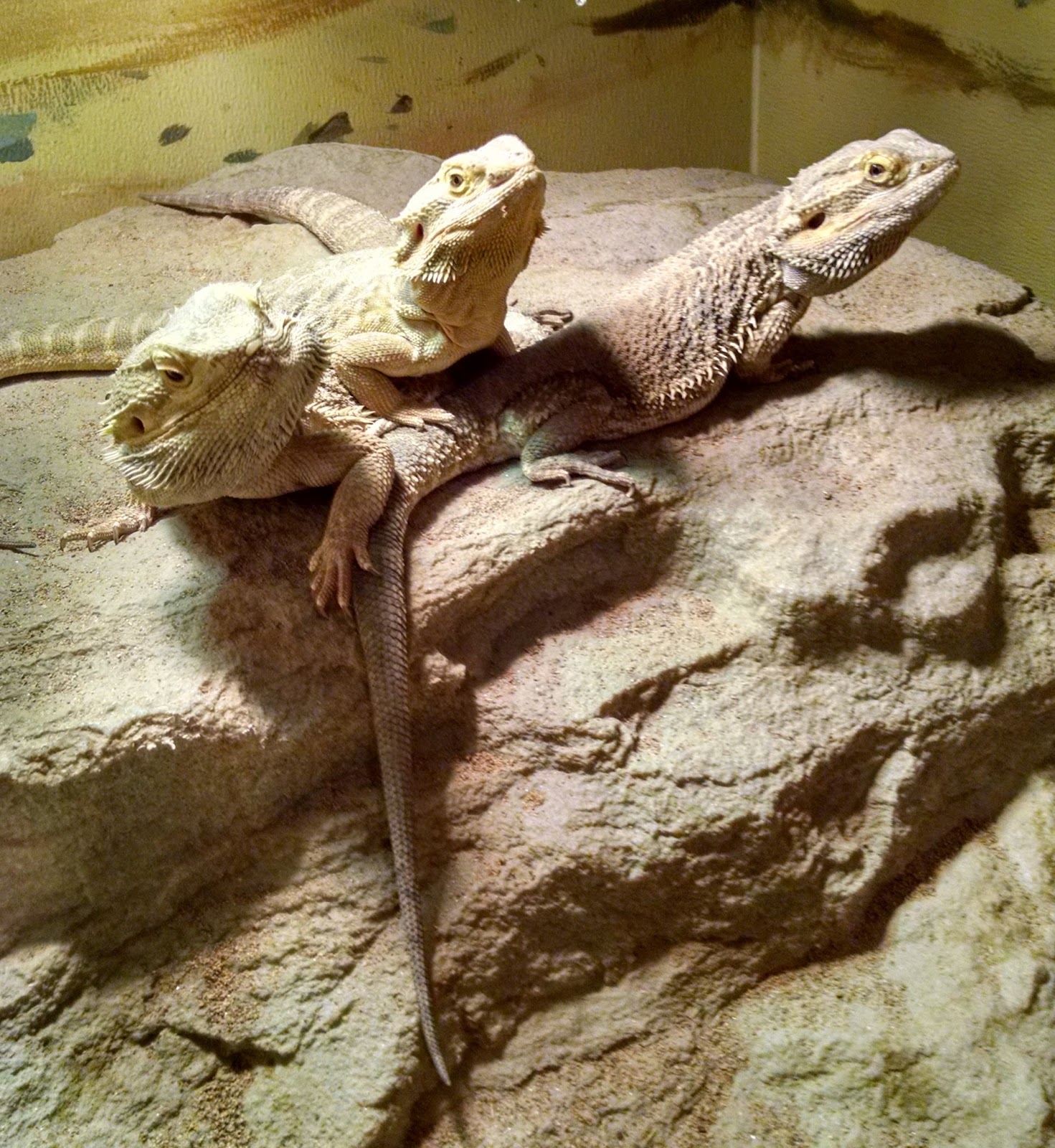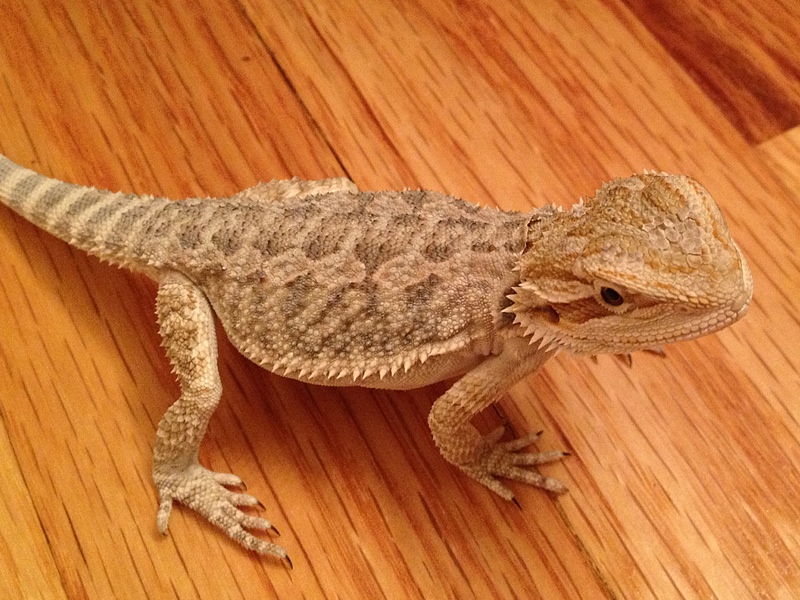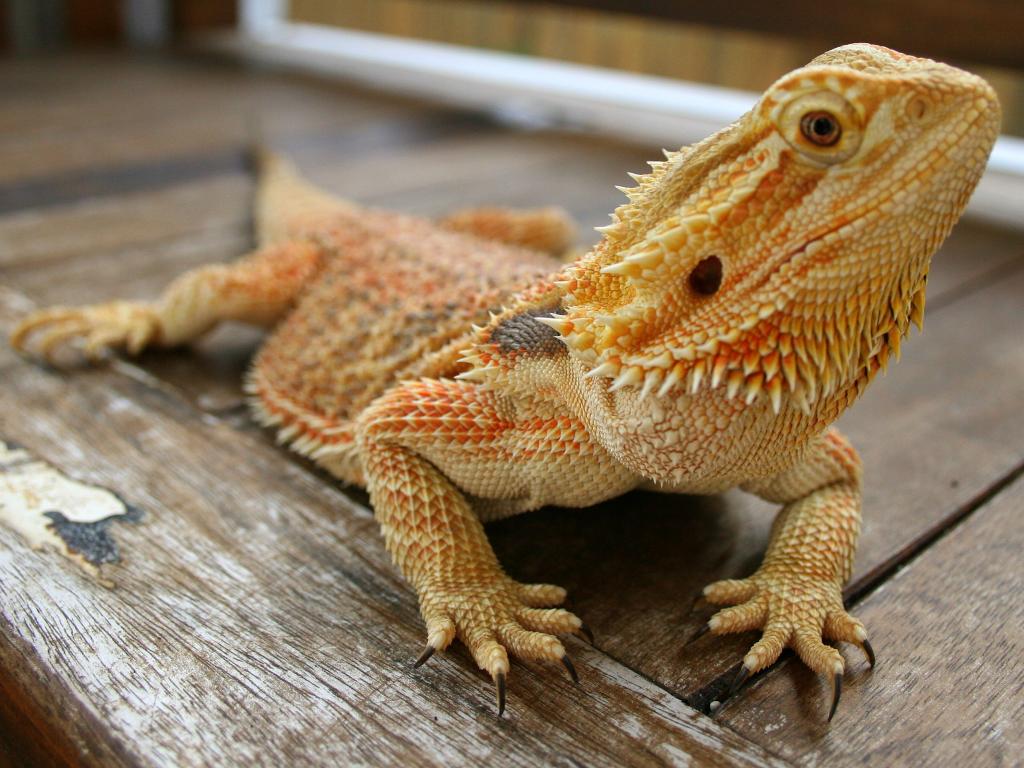Bearded Dragon Constipation: Causes, Symptoms, and Treatment
Introduction
Bearded dragons are popular pets because of their friendly nature and easy-to-care personality. They are also known for being low maintenance reptiles, but just like any other pets, they can experience health issues, one of which is constipation. In this blog post, we’ll talk about the causes, symptoms, and treatment options for bearded dragon constipation.
What is Bearded Dragon Constipation?
Constipation is a condition that happens when your bearded dragon is unable to have a bowel movement. This can be caused by various factors, including dehydration, poor diet, or an obstruction in the digestive tract.
Causes of Bearded Dragon Constipation
There are a few reasons why your bearded dragon may experience constipation. Here are some of the common causes:
- Dehydration - Bearded dragons need to stay hydrated to ensure that their digestive system functions properly. If they don’t have enough water, their stools become dry and hard.
- Poor diet - Bearded dragons are omnivores and need a balanced diet of protein, vegetables, and fruit. Feeding them too much protein or not enough roughage can lead to constipation.
- Obstruction in the digestive tract - If your bearded dragon has eaten something that it shouldn’t have, such as a piece of substrate or a foreign object, it can obstruct its digestive tract, leading to constipation.
Symptoms of Bearded Dragon Constipation
It’s important to look out for the signs of constipation in your bearded dragons to prevent any serious health issues. Here are some of the symptoms to look out for:
- No bowel movements for more than two days
- Swollen abdomen
- Lethargy
- Loss of appetite
- Constipated posture - A bearded dragon that’s experiencing constipation will often squat or assume an arched posture.
Treatment for Bearded Dragon Constipation
If you suspect that your bearded dragon is suffering from constipation, you should immediately consult with a veterinarian who specializes in reptile care. Here are some of the treatments that your vet may recommend:
- Hydration - Your vet may recommend administering fluids to your bearded dragon to help soften the stools and aid in bowel movements.
- Dietary changes - Your vet may recommend a dietary change to ensure that your bearded dragon is getting enough roughage in their diet.
- Enemas/Laxatives - In severe cases, your vet may need to perform an enema or prescribe a laxative to help your bearded dragon pass the stool.
- Surgery - If your bearded dragon has an obstruction or blockage in their digestive tract, surgery may be needed to remove the foreign object.
Preventing Bearded Dragon Constipation
Preventing constipation in your bearded dragon is easier than treating it. Here are some tips to help prevent constipation:
- Ensure that your bearded dragon has access to fresh, clean water at all times.
- Feed your bearded dragon a balanced diet of protein, vegetables, and fruit.
- Avoid feeding your bearded dragon too many insects or high protein foods.
- Avoid feeding your bearded dragon substrate or any foreign object that can cause an obstruction.
Conclusion
Constipation is a common health issue in bearded dragons, but with proper care and attention, it can easily be prevented. If you suspect that your bearded dragon is experiencing constipation, it’s important to consult with a veterinarian who specializes in reptile care. They can provide you with the best treatment options for your pet and help you prevent any serious health issues. Remember to always provide your bearded dragon with a balanced diet, fresh water, and a clean living environment to keep them healthy and happy.









